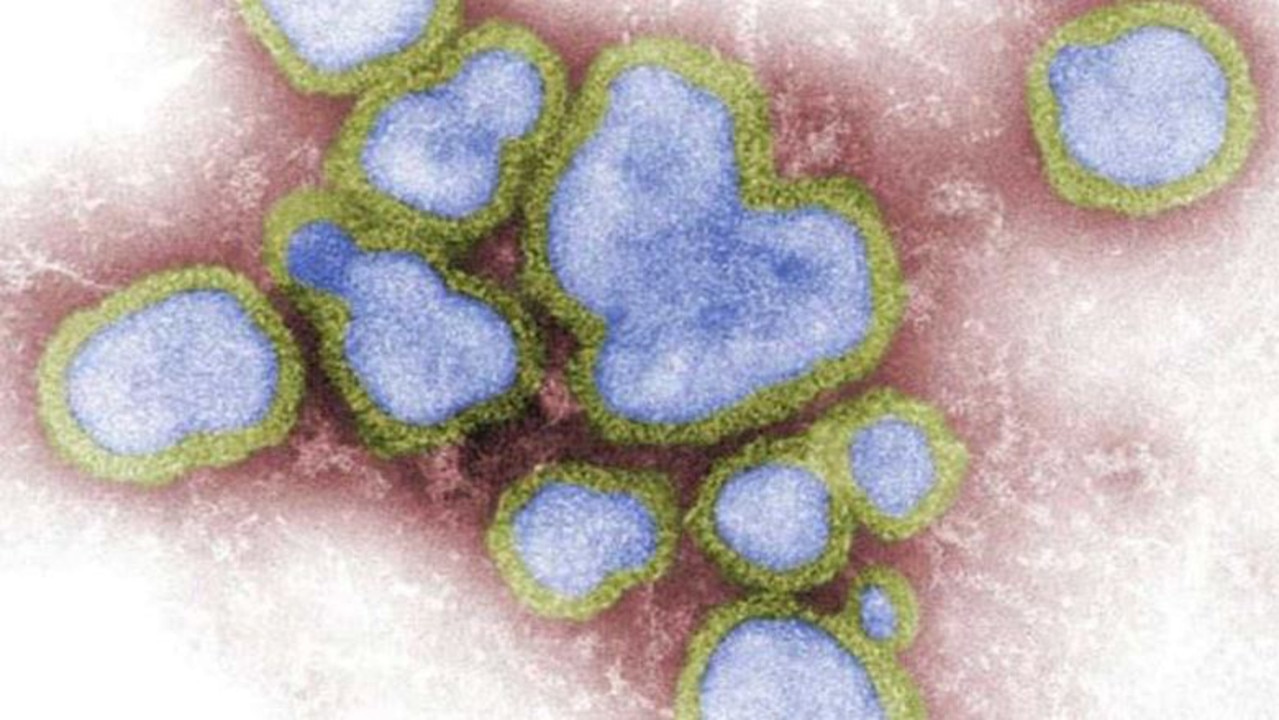Aussie scientists find 40 new genes linked to breast cancer
Melbourne-based scientists have discovered a new suite of gene mutations that are linked to breast cancer. See how their findings could save lives.
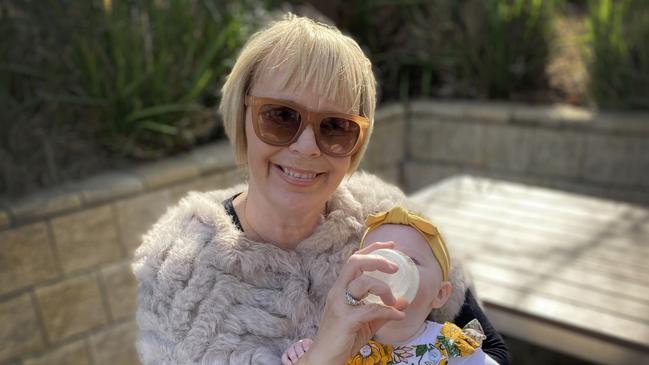
Health
Don't miss out on the headlines from Health. Followed categories will be added to My News.
Australian researchers have identified more than 40 new gene mutations of breast cancer that may cause the condition to run in families.
Peter MacCallum Cancer Centre researchers Professor Ian Campbell and Professor Paul James compared the genes of 9000 women who had early onset disease or unexplained familial breast cancer to genes of 55,000 healthy women.
“What we were looking for is looking for genes in women with breast cancer that have errors in them where you probably don’t find those errors in women without breast cancer,” Professor Campbell explained.
The team identified more than 40 genes linked to breast cancer.
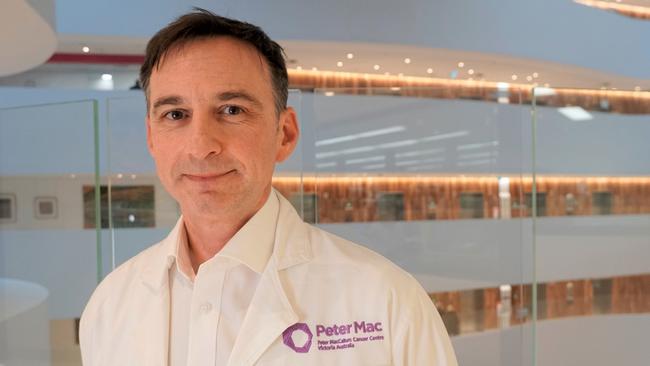
“From the genes that we know about so far, that cause breast cancer, they’re all involved in keeping the DNA the genome of the other cells normal stopping errors and mistakes happening,” Prof Campbell said.
“But at least half of them, they’re involved in all sorts of processes in the cell, that don’t immediately look obvious that they would cause breast cancer, we don’t know a lot about them,” he said.
The discovery is not yet ready to be rolled out in cancer clinics.
The researchers need to get further proof that the genes are causing the cancer by carrying out genetic tests on the tumours removed from the women with cancer and interviewing them and their families about other cancers in their families.
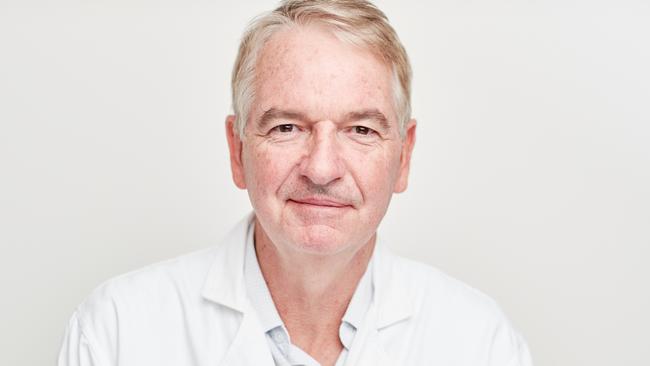
The National Breast Cancer Foundation (NBCF) has funded the groundbreaking research and said finding the genetic faults an important step towards NBCF’s vision of Zero Deaths from breast cancer.
“People with some familial breast cancers may have a higher risk of relapse and people with some hereditary gene mutations are more likely to develop more aggressive subtypes of cancer, like triple negative breast cancer,” NBCF CEO Associate Professor Cleola Anderiesz said.
“The discovery of these genetic faults can help people make informed decisions about prevention, screening and care and could change the outcome for the women and men who lose their lives to these breast cancers each year,” Prof Anderiesz said.
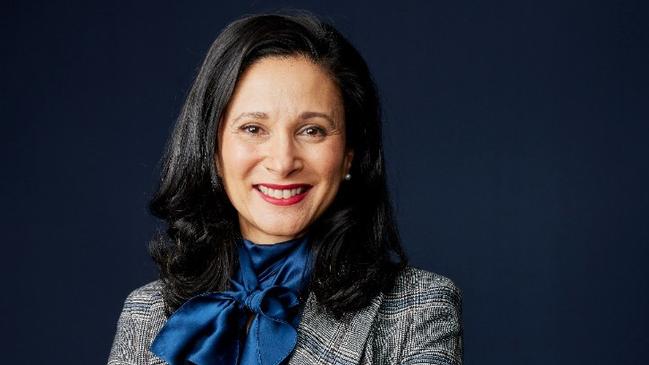
Since the 1990s doctors have been aware of two genetic drivers of familial breast cancer risk – mutations in the BRCA1 and BRCA2 genes.
“We now have the power to search for genetic drivers of familial breast cancer risk that will be much rarer in the population,” Prof Campbell said.
The rapidly declining costs of genetic testing have meant the study is able to afford to look at much larger gene profiles and researchers are hoping to do whole genome tests on some of the women.
Prof Campbell said when the work began, genetic tests cost $10,000 per woman, now testing for a panel of genes can cost as little as $100 and a whole genome test costs $1000.
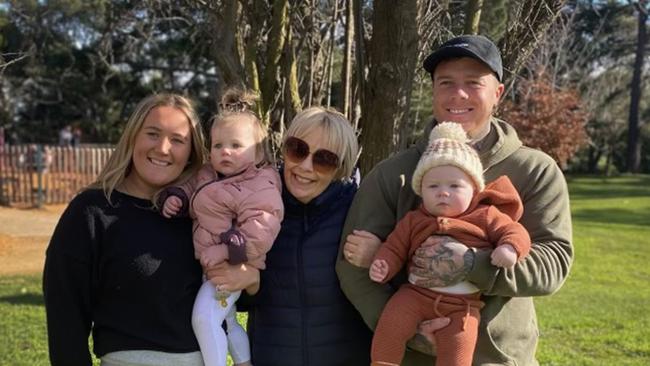
Victorian grandmother Jennie Wetzler said she was “so relieved” to discover that her breast cancer was linked to a newly discovered gene CHEK 2.
“It was really important because I could do something proactive to prevent another cancer,” the 60-year-old said.
Ms Wetzler, who helps run a charity for sick children called The Clown Doctors, first developed cancer in 1999 when she was aged 36.
Nearly 10 years later in 2018, she developed a new breast cancer and did testing for the BRCA1 and 2 genes but she was not a carrier.
However, last year the research team from Peter MacCallum Hospital contacted her to say they had identified she carried another gene - CHEK 2- that they believed was linked to breast cancer.
Armed with that knowledge she decided to have a double mastectomy to prevent any new breast cancer.
As a result of the discovery her children, her siblings and even her grandchildren are now planning genetic tests to discover if they also carry the cancer risk.





